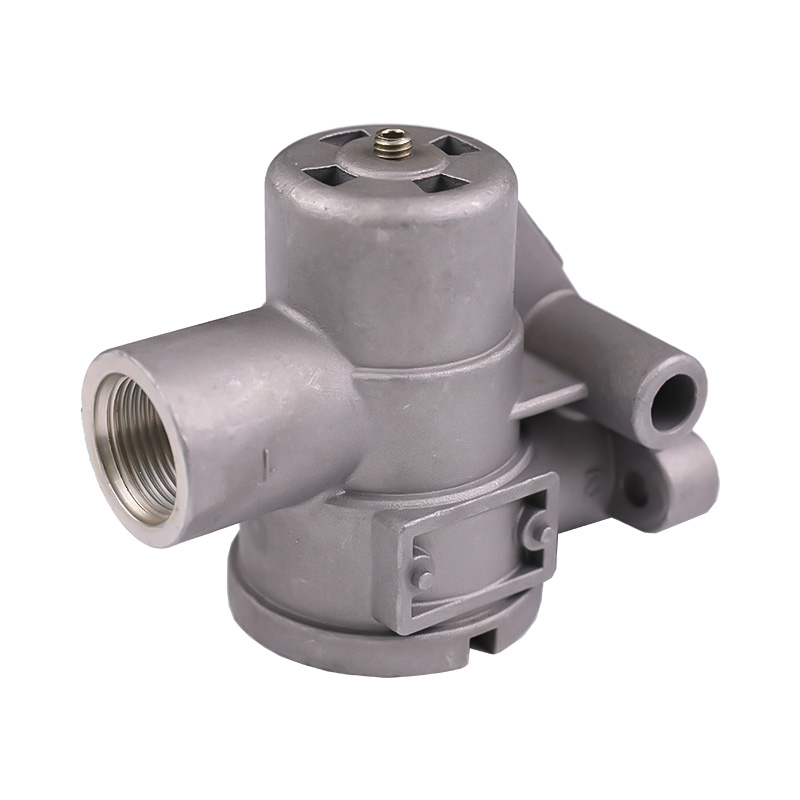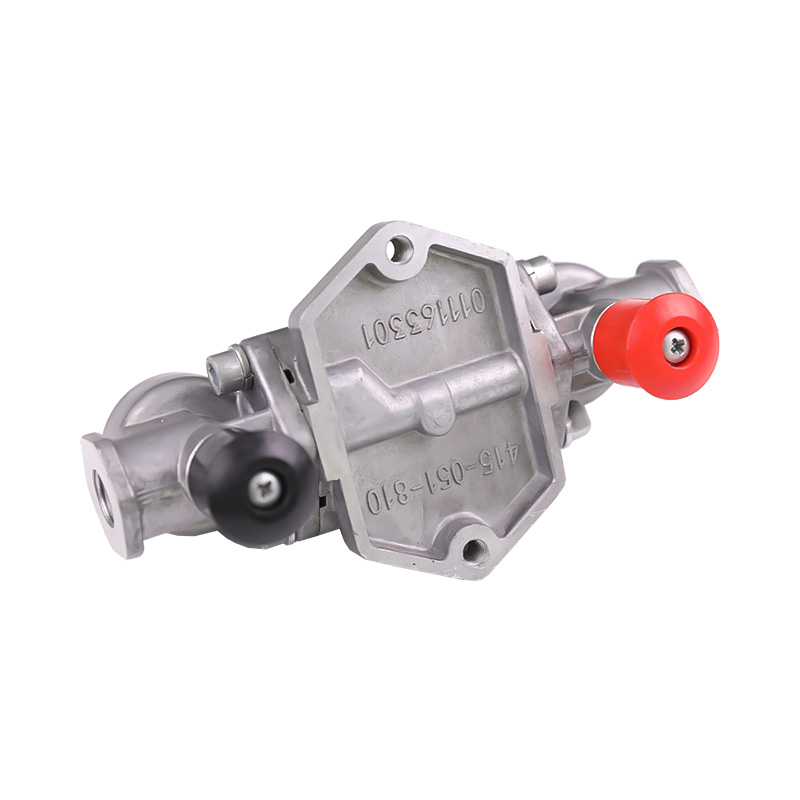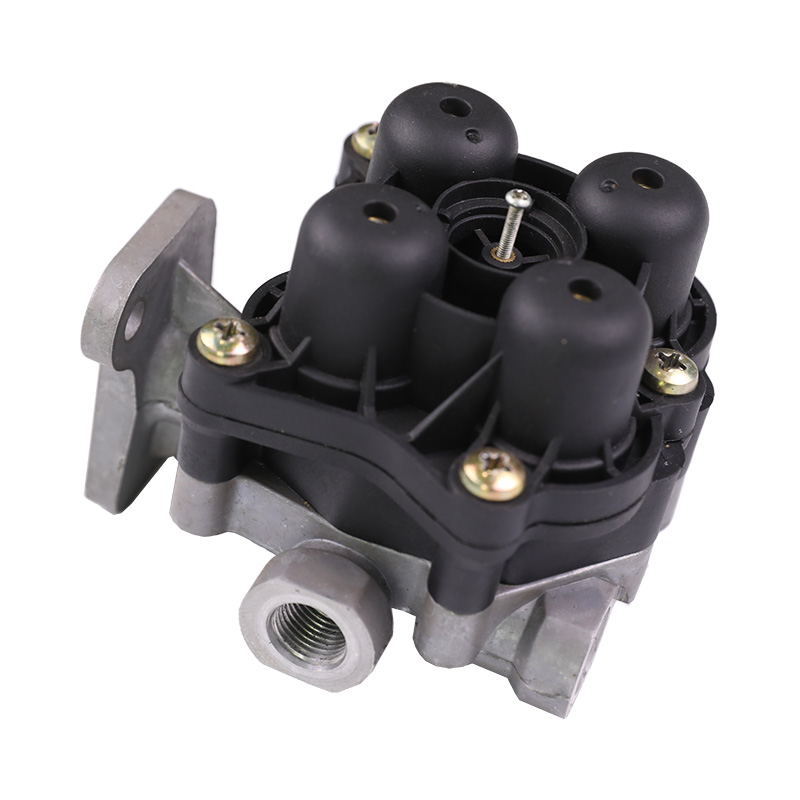In modern automobile design, the performance of the braking system is crucial, especially the sensitivity of the brake foot valve. The main function of the brake foot valve is to convert the force applied by the driver on the brake pedal into a pressure signal within the braking system to achieve effective braking effect. However, when the brake foot valve is not sensitive enough, it may cause a series of safety hazards and performance problems.
Extended braking distance, increased risk of accidents
Insufficient brake foot valve sensitivity means that the driver needs to apply greater force or apply force for a longer time before the vehicle starts braking. This situation directly leads to an increase in braking distance. In an emergency, the extended braking distance may prevent the vehicle from stopping in time, increasing the risk of collision with other vehicles or obstacles. This potential danger seriously threatens driving safety, especially in complex environments such as urban roads and highways, where the relationship between the driver's reaction time and braking distance is particularly critical.
Affects driving experience and comfort
The lack of sensitivity of the brake foot valve not only affects safety, but also significantly reduces the driving experience. Drivers usually expect the vehicle to respond quickly to braking commands. However, when the brake foot valve is slow to respond, the driver may feel that the brake pedal is not sensitive to feedback and needs to apply more force or experience a longer pedal travel. In order to achieve the expected braking effect. This insensitive brake feedback not only reduces driver confidence, but also affects the vehicle's stability and comfort, thereby damaging the overall driving experience.
Increases brake system wear and increases maintenance costs
Insufficient brake foot valve sensitivity may also cause excessive wear on other parts of the brake system. Due to the delay in brake response, drivers often need to apply the brakes more frequently, which will accelerate the wear of key components such as brake pads, brake discs and brake fluid, shortening their service life. In addition, long-standing problems with insensitive brake foot valves may cause more heat and friction inside the brake system, which further exacerbates the wear and aging of components. All these factors will lead to increased maintenance costs and reduce the overall performance and economy of the vehicle.
Affects vehicle handling and stability
Insufficient brake foot valve sensitivity can also have an adverse effect on the vehicle's handling and stability. During emergency braking or high-speed driving, there is an urgent need to decelerate quickly, but an insensitive brake foot valve may result in the vehicle being unable to quickly reduce speed or maintain a stable driving trajectory. This situation may cause the driver to lose precise control of the vehicle, increase the probability of dangerous situations such as skidding and drifting, and further threaten driving safety.






